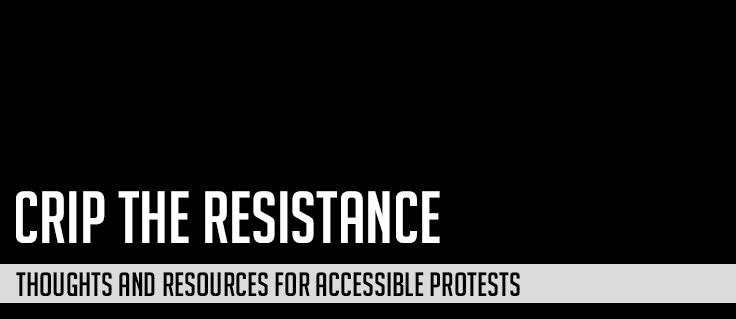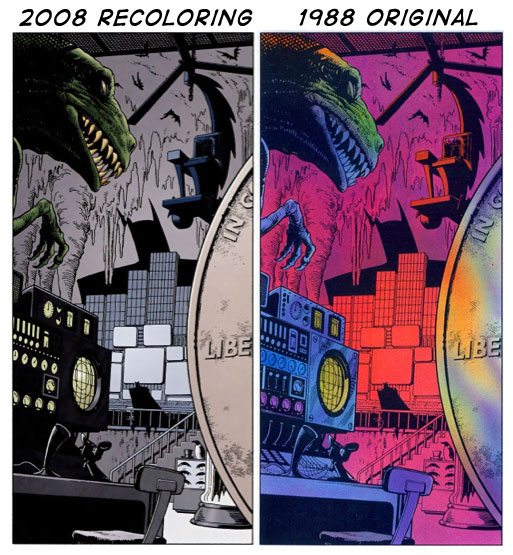What does protest mean for disabled people, and how can we contribute through our lived experience or active engagement? I can’t access in-person marches or similar events, and sometimes I must completely disconnect from current events to stay healthy. It’s hard to find solace when our rights and safety are threatened, so I write when things become too much. That’s how I channel my anxious energy, and it works for me.
There is no right way to protest – one method does not count more than another. Protest is about building each other up in resistance to crisis. It’s about those with privilege filling the gaps while amplifying marginalized voices. “You’re not doing enough” shames those who may be struggling to get through another day, or who don’t have the means to contribute more of their time or energy. We don’t all have to show up and hold signs and tweet to be in a political movement. For those who bear the weight of oppression, our lives and bodies are inherently political, and surviving is a form of protest. Surviving can be enough.
Read moreCrip The Resistance: Thoughts and Resources for Accessible Protests



